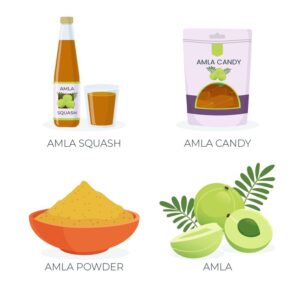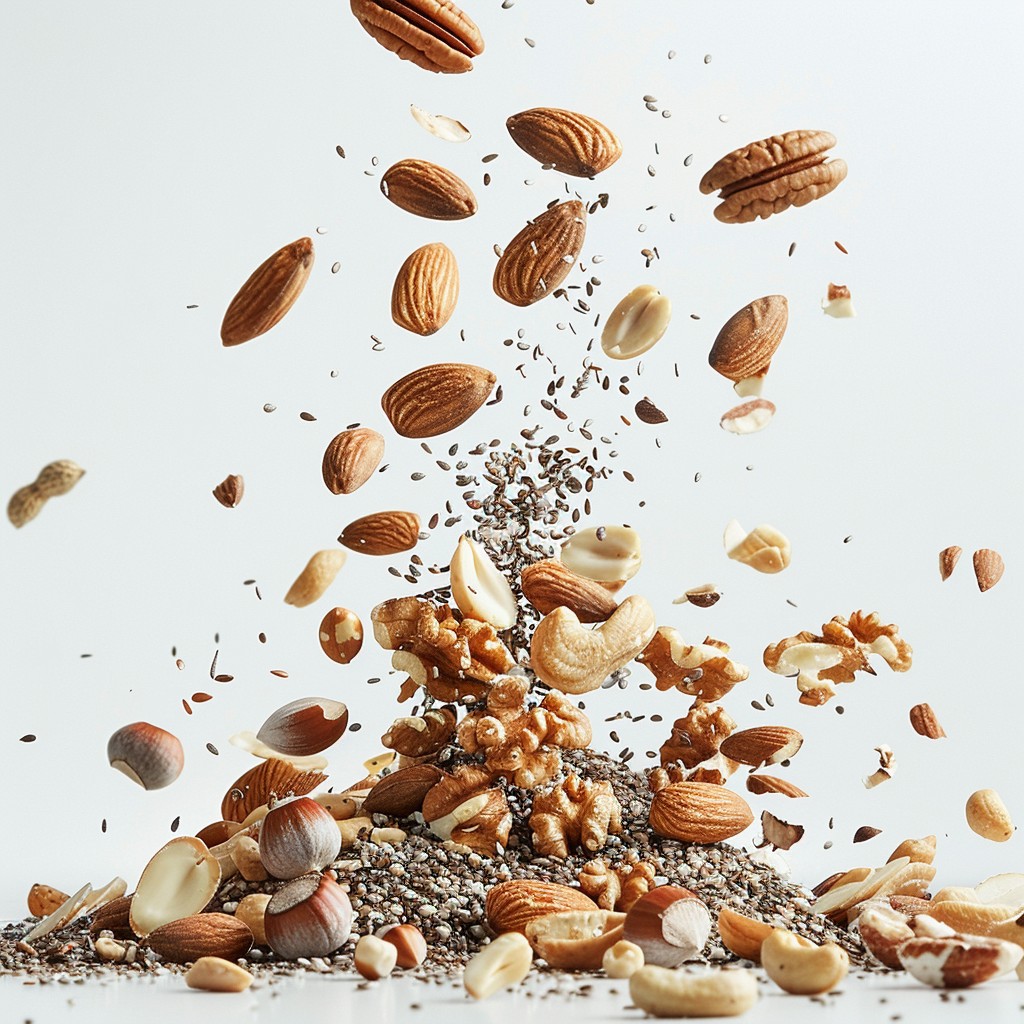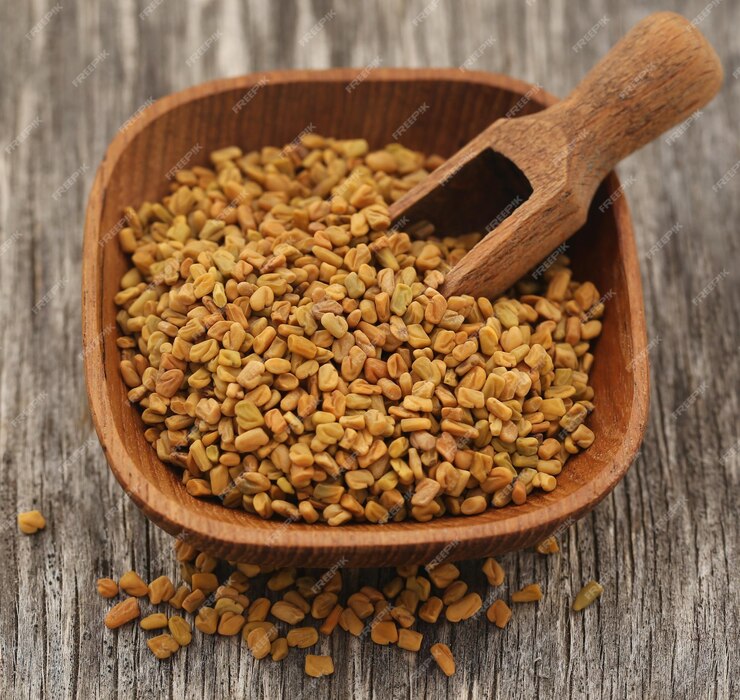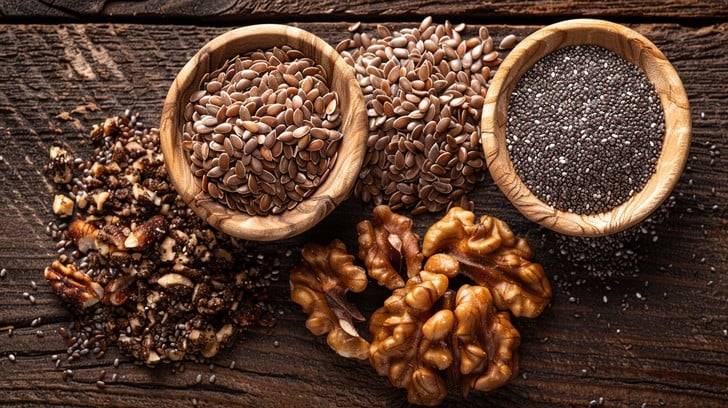


Amla: The Wonder Fruit for Health and Wellness
Amla, also known as Indian gooseberry, is a small, greenish-yellow fruit with immense health benefits. This ancient fruit has been a cornerstone of Ayurvedic medicine for centuries, celebrated for its incredible nutritional value and medicinal properties. Rich in Vitamin C, antioxidants, calcium, iron, and a variety of other nutrients, Amla is a superfood that can significantly enhance your health and wellbeing.
Nutritional Value of Amla
Amla is a powerhouse of essential nutrients. Here’s what makes it so special:
- Vitamin C: Amla is one of the richest natural sources of Vitamin C, which strengthens the immune system and helps fight infections.
- Antioxidants: It contains powerful antioxidants that protect the body from free radicals, reducing the risk of chronic diseases.
- Calcium and Iron: These minerals are vital for bone health and maintaining healthy blood levels.
- Fiber: Amla is high in fiber, aiding digestion and promoting gut health.
- Flavonoids and Anthocyanins: These compounds have anti-inflammatory and anti-cancer properties.
Health Benefits of Amla
- Boosts Immunity: Amla is packed with Vitamin C, which is essential for boosting immunity. Regular consumption helps the body fight off common infections like colds, coughs, and flu. It also acts as a natural immune booster, protecting the body from various diseases.
- Improves Digestion: Amla is known to improve digestion by stimulating the secretion of gastric juices, which helps in better absorption of nutrients. It also acts as a natural laxative, preventing constipation and promoting regular bowel movements.
- Enhances Hair and Skin Health: Amla is excellent for hair health. It strengthens hair follicles, prevents dandruff, and promotes hair growth, leading to thicker and shinier hair. For skin, Amla’s antioxidant properties help reduce signs of aging, lighten skin tone, and give a natural glow.
- Regulates Blood Sugar Levels: Amla is beneficial for diabetics as it helps in lowering blood sugar levels. The chromium present in Amla enhances the body’s response to insulin, which helps in managing diabetes.
- Supports Heart Health: Regular consumption of Amla can help lower cholesterol levels and improve heart health. It strengthens the heart muscles, reduces the risk of heart disease, and helps in maintaining healthy blood pressure levels.
- Aids in Weight Loss: Amla is low in calories and high in fiber, making it a perfect addition to a weight loss diet. It boosts metabolism, aids digestion, and helps the body burn fat more effectively.
- Improves Vision: Amla is beneficial for eye health as well. The Vitamin C and antioxidants present in Amla help reduce the risk of cataracts, prevent macular degeneration, and improve overall vision.
- Detoxifies the Body: Amla has detoxifying properties that help cleanse the liver and flush out toxins from the body. This helps in improving overall health and wellbeing.
How to Consume Amla
Amla can be consumed in various forms, each offering its unique benefits:
- Raw Amla: Eating raw Amla or drinking its juice on an empty stomach in the morning is the best way to get its maximum benefits. It’s highly recommended to consume two Amla fruits or two tablespoons of Amla juice daily.
- Amla Powder: Amla powder can be mixed with water, honey, or even in your smoothies. It’s an easy way to incorporate Amla into your daily diet.
- Amla Murabba: Amla murabba is a sweet and tangy preserve that’s a favorite in many Indian households. It’s not only delicious but also offers numerous health benefits, especially for digestion and immune support.
- Amla Candy: Amla candy is a popular way to enjoy the benefits of Amla, especially for children. It’s sweet, tangy, and retains most of the nutritional benefits of Amla.
- Amla Juice: Drinking Amla juice is one of the simplest ways to consume Amla. You can prepare it at home or buy ready-made Amla juice. Drinking it daily can help improve your immunity and overall health.
- Amla Squash: Amla squash is a concentrated syrup made from Amla juice, sugar, and water. It can be diluted with water and consumed as a refreshing drink. It’s an easy way to include Amla in your daily routine.
Who Should Avoid Amla?
While Amla is generally safe and beneficial, there are a few conditions where its consumption should be limited or avoided:
- Pregnancy and Breastfeeding: Pregnant and breastfeeding women should consult their doctor before consuming Amla in large quantities.
- Cold Sensitivity: Amla has a cooling effect on the body. People who are sensitive to cold or have respiratory issues like asthma should consume it in moderation.
- Low Blood Pressure: If you have low blood pressure, Amla might lower it further, so it’s best to consume it under medical supervision.
Amla’s Impact on Common Illnesses
- Diabetes: Amla helps in managing diabetes by lowering blood sugar levels and improving insulin sensitivity.
- Digestive Disorders: Amla’s high fiber content makes it effective in treating constipation, indigestion, and other digestive issues.
- Skin Conditions: Regular intake of Amla can help treat acne, eczema, and other skin conditions due to its anti-inflammatory properties.
Best Time to Consume Amla
The best time to consume Amla is in the morning on an empty stomach. This ensures that your body absorbs all the nutrients effectively, and you get the maximum benefits throughout the day.
Potential Side Effects of Amla
While Amla is highly beneficial, consuming it in excessive amounts can lead to certain side effects like:
- Acidity: Due to its high Vitamin C content, Amla can cause acidity or heartburn in some people.
- Dryness of Skin: Some people may experience dryness of skin or scalp if they consume too much Amla.
Conclusion
Amla is truly a wonder fruit with a plethora of health benefits. Whether you consume it raw, as juice, or in the form of candy, Amla can enhance your overall health, boost your immunity, and help prevent numerous diseases. Including Amla in your daily diet is a simple and effective way to maintain good health and wellbeing.







